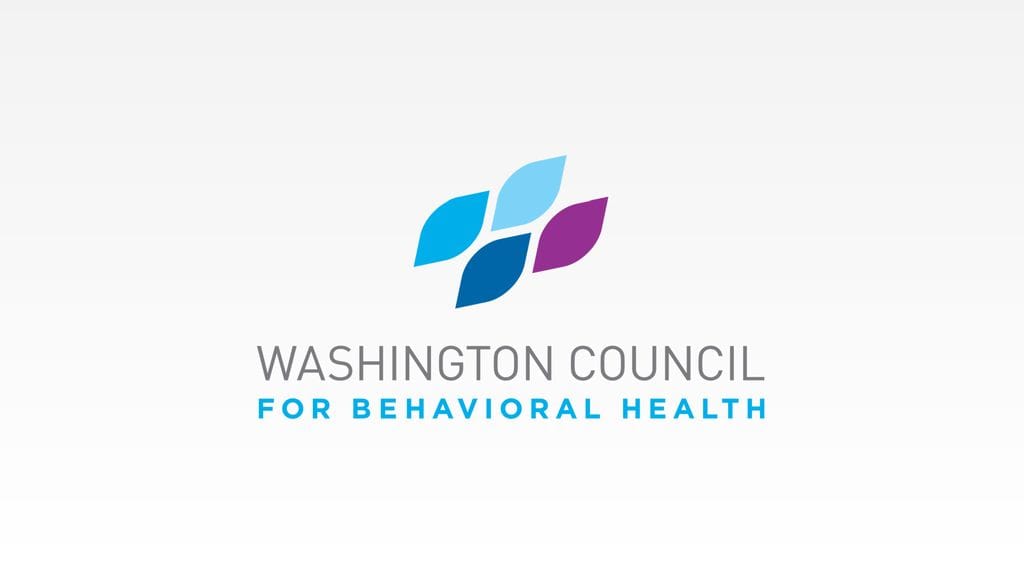The Washington Behavioral Healthcare Conference, put on by the Washington Council for Behavioral Health, brings together 600+ providers of prevention, intervention, and treatment of psychiatric and substance use disorders. This year’s conference was at the Three Rivers Convention Center in Kennewick on June 12–14.
The conference will return to the Tri-Cities convention center for the next four years, according to Joan Miller, the conference CEO. When asked why, Miller said that the conference fits the facilities here better than anywhere in Seattle, Vancouver, or Yakima, where the conference had been for much of its 34-year history.
The highlight of the conference was the keynote address by Jeanann Verlee — a poet, essayist, editor, and former punk rocker. She has written three books: prey, Said the Manic to the Muse, and the award-winning Racing Hummingbirds. She performs and facilitates workshops at universities, theaters, libraries, bookstores, and dive bars. Verlee is a survivor of psychological, physical, and sexual trauma who lives with bipolar disorder, complex PTSD, chronic generalized anxiety, and autoimmune disease. She spoke frankly, sometimes graphically about all these issues, inviting us to challenge stigma and defy shame and silence, illustrating the art of storytelling as advocacy.
The other keynote speakers and the 40+ presentations and workshops seemed to be saying “This is what we offer; if it fits your needs, you are welcome to come to us for help with your treatment and recovery.” Unlike last year’s conference, where a keynote speaker explored the impact of harm reduction strategies, how to meet a person where they are, and overcome barriers to treatment and recovery, these presentations seemed to encourage people to get arrested in order to access scarce treatment.
The only local presenter was Michele Gerber of the Benton Franklin Recovery Coalition (BFRC), who presented a helpful outline of What Each Person Can Do to Address the Addiction Epidemic, as a follow-up to last year’s presentation on the formation and mission of the BFRC.
There were very few locals among the 600+ attendees, as was true last year, and few local organizations are members of the Washington Council for Behavioral Health, the sponsors of the conference. Given the evident local concern about drug-related crime and gun violence, one would think there would be more local interest.
Would you like to learn more?
Many of the speakers from the 2024 Washington Behavioral Healthcare Conference provided slides and other handouts from their presentations, which can be found at: thewashingtoncouncil.org/wbhc-handouts
Psychologist Charles Eaton worked directly with heroin addicts, ran programs for the prevention, treatment, and rehabilitation of Substance Use Disorders, and led Public Health programs for the prevention of HIV in drug injectors for more than forty years in New York City.

